Publications
Articles, publications, books, tools and multimedia features from the U.S. Institute of Peace provide the latest news, analysis, research findings, practitioner guides and reports, all related to the conflict zones and issues that are at the center of the Institute’s work to prevent and reduce violent conflict.
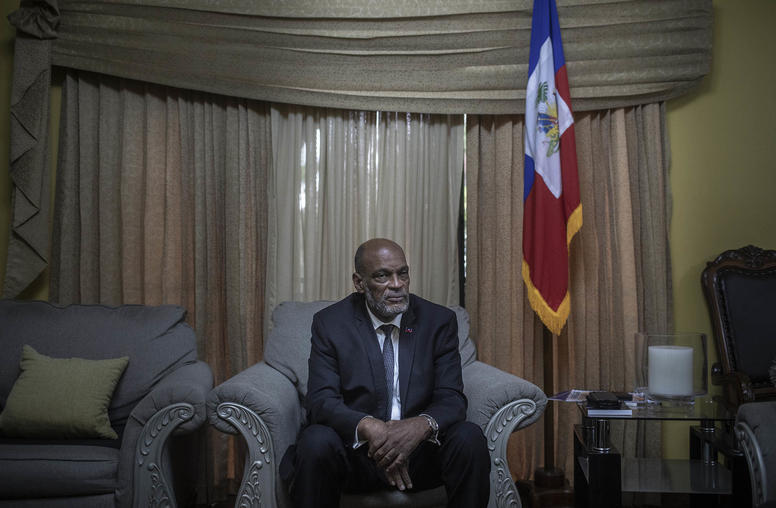
How to Avert a Gang Takeover of Haiti
Policymakers across the Western Hemisphere were shocked this weekend by news of a concerted effort by a coalition of gangs to attack Haiti’s key infrastructure, block the capital’s airport and prevent Prime Minister Ariel Henry from returning from a trip abroad. After all, the analysis went, Henry’s position seemed cemented as the deadline of February 7 — when he was supposed to hand over power to an elected government — passed with no real challenges to his rule. Now, absent an inclusive transitional arrangement that can effectively govern, the possibility of total collapse and anarchy in Haiti is ever more real.
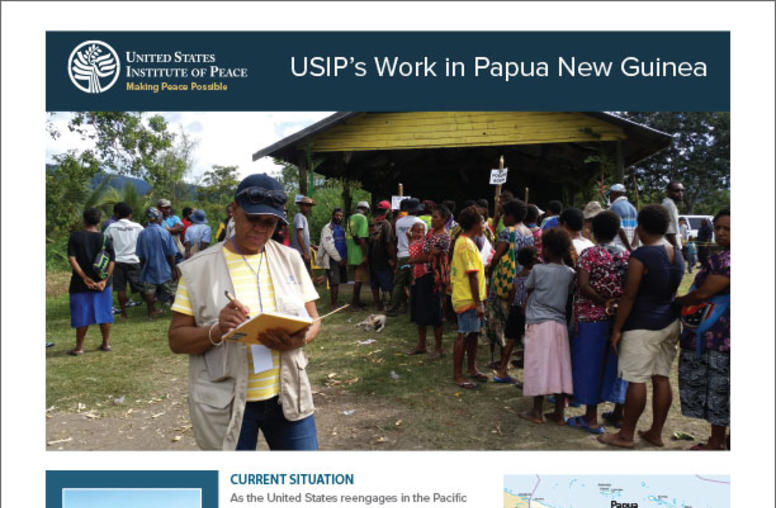
The Current Situation in Papua New Guinea
As the United States reengages in the Pacific Islands, Papua New Guinea is emerging as an increasingly important U.S. partner. It is the region’s largest country, with a landmass about the size of California and a population estimated to be somewhere between 10 and 17 million. In April 2022, Papua New Guinea was designated as one of the focus countries under the U.S. Strategy to Prevent Conflict and Promote Stability (SPCPS). In May 2023, the United States and Papua New Guinea signed a Defense Cooperation Agreement.
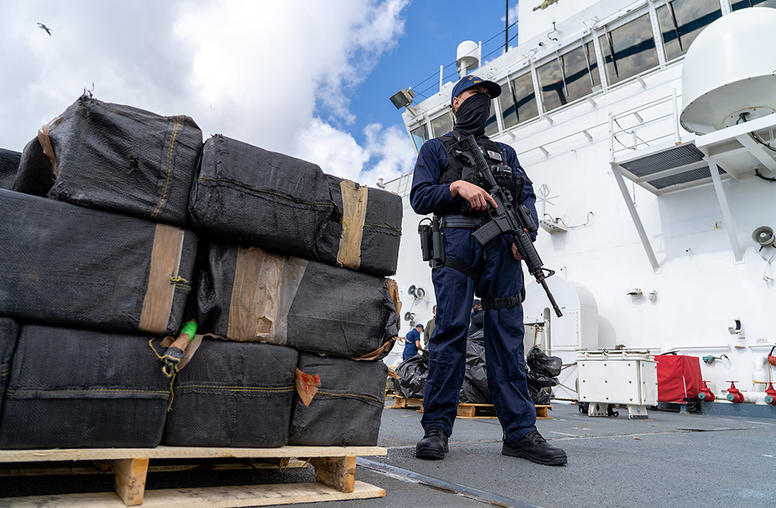
Illicit Drugs Are Undermining Pacific Security
A quick succession of drug busts in Fiji earlier this year — the seizure of 3.5 tons of crystal methamphetamine followed by another 1.1 tons — underscored the threat that the illicit drug trade and narco-corruption pose to the stability and security of countries and societies situated along the so-called Pacific drug highway.
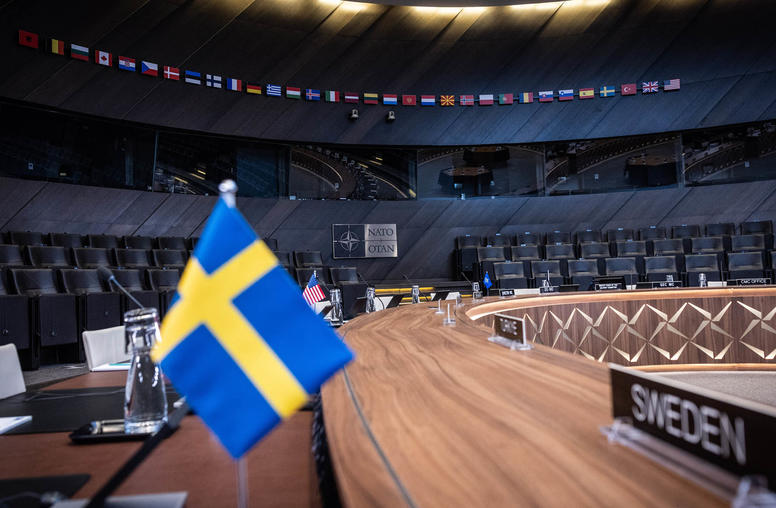
Will Sweden’s NATO Membership Deter Russian Aggression?
Sweden’s flag was hoisted at NATO’s headquarters in Brussels today as the Nordic country became the 32nd member of the transatlantic military alliance. Sweden’s membership, which follows that of neighboring Finland, is a consequence of Vladimir Putin’s invasion of Ukraine.
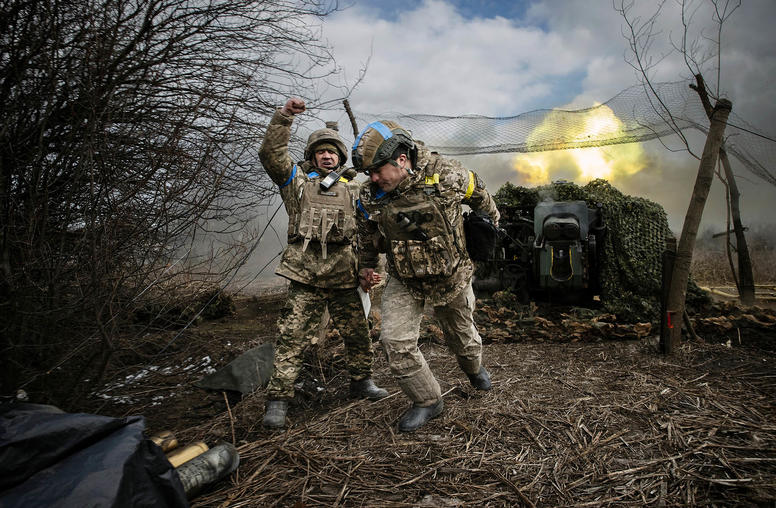
Ukraine War Takes a Toll on Russia
Later this week, Russia will hold its presidential election, but no one is holding their breath about the outcome. Russia’s war in Ukraine has accelerated the process of ruthless consolidation of power in the Kremlin. Vladimir Putin’s regime, with a mixture of fear and confidence, is becoming more brazenly aggressive against any opposition ahead of the election, which will be held from March 15 to 17.

Megan Chabalowski on USIP’s Peace Teachers Program
Young people are hungry for examples of people working for peace in some of the world’s most violent conflicts, and they are curious about ways they too can make a positive difference. Megan Chabalowski explains how USIP’s Peace Teachers Program provides educators with the in-depth training and resources needed to incorporate peacebuilding into their classrooms and communities.
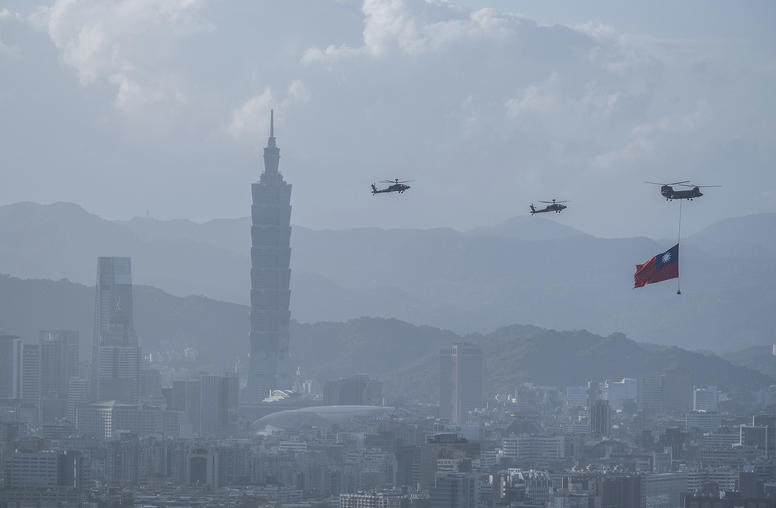
China Is Not Russia. Taiwan Is Not Ukraine.
Russia’s invasion of Ukraine — the most consequential military conflict Europe has witnessed since the Second World War — has riveted the attention of the world. Observers have grappled with the meaning of the act of aggression and scrambled to ponder the wider implications of the war. Almost inevitably people look to draw analogies—both historical and contemporary ones.
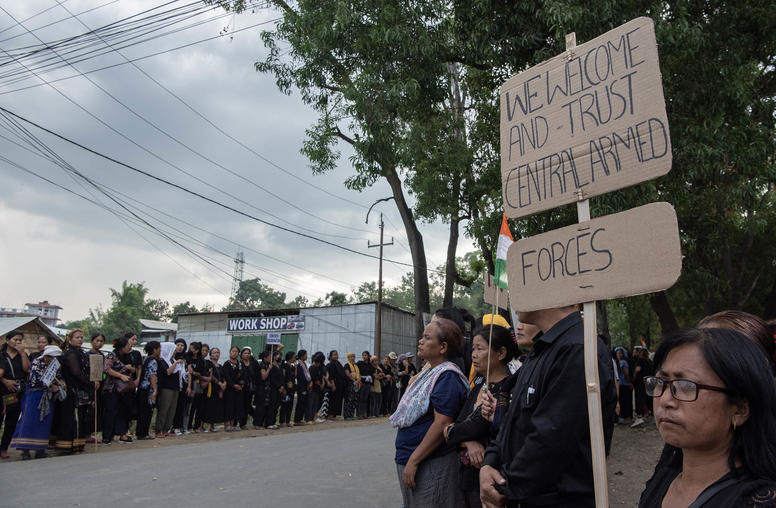
In Northeast India, Manipur’s Violence Echoes Sudan’s Darfur
Rising violence this year threatens to deepen instability in India’s far northeastern region. Ominously, the bloodshed centered in India’s state of Manipur includes elements that were visible in early stages of the 20-year-old conflict in Sudan’s Darfur region. Darfur’s violence has killed or displaced millions of people and helped lead to this year’s civil war across Sudan. Tragically, both countries have seen these disparate conflicts intensify through widened opportunities for ill-governed ethnic militias and for hate speech. These evolutions have hardened local conflicts over land or water into more extreme, venomous warfare between ethnic or religious communities. Darfur’s example underscores the urgent need for responses in Manipur.
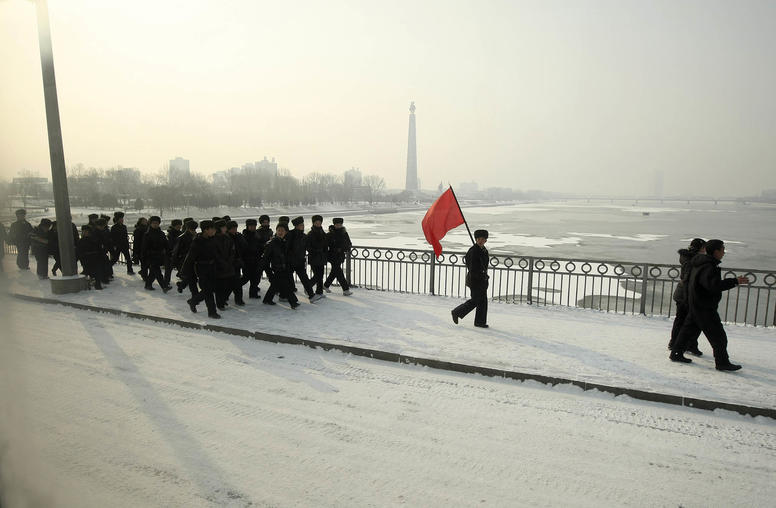
Could Climate Change Compel North Korea to Cooperate?
Like much of the rest of the world, North Korea is experiencing more frequent and more intense climate-related disasters. In the last few years, it has seen its longest drought and longest rain season in over a century. In 2021, the country’s reclusive dictator, Kim Jong Un, called for immediate steps to mitigate the dramatic impacts of climate change, which compound other challenges facing the country, like food insecurity. While North Korea is not exactly known for its efforts to cooperate with the international community, the severe threats posed by climate change could lead to broader engagement that serves Pyongyang’s interests, as well as the interests of the United States, South Korea and China, who all want peace and stability on the Korean Peninsula.
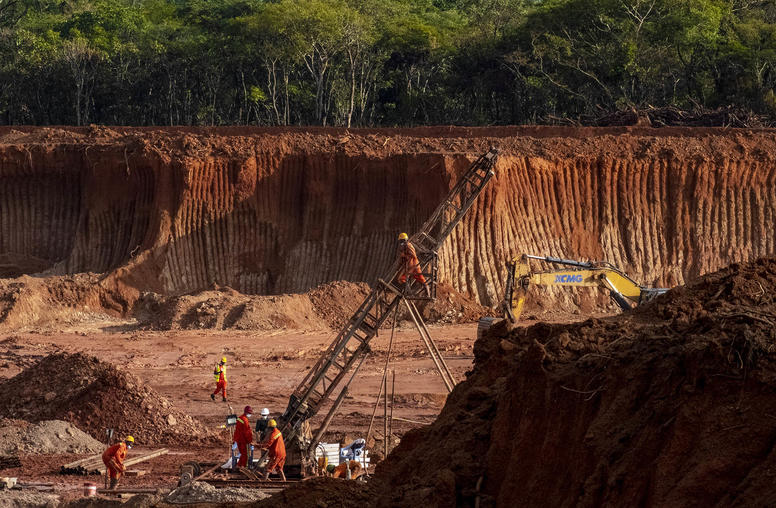
Challenging China’s Grip on Critical Minerals Can Be a Boon for Africa’s Future
Demand for the critical minerals powering the world’s clean-energy technologies, consumer goods and defense applications is skyrocketing. These metals are what the modern economy runs on: we need them for our phones, electric vehicles and satellites, and so much more. Forecasts estimate that in the coming decades, the world will need many times more cobalt, copper, lithium and manganese, among other minerals, than what is currently being produced.